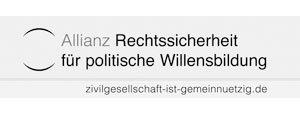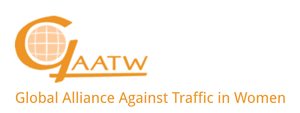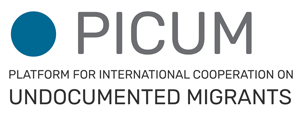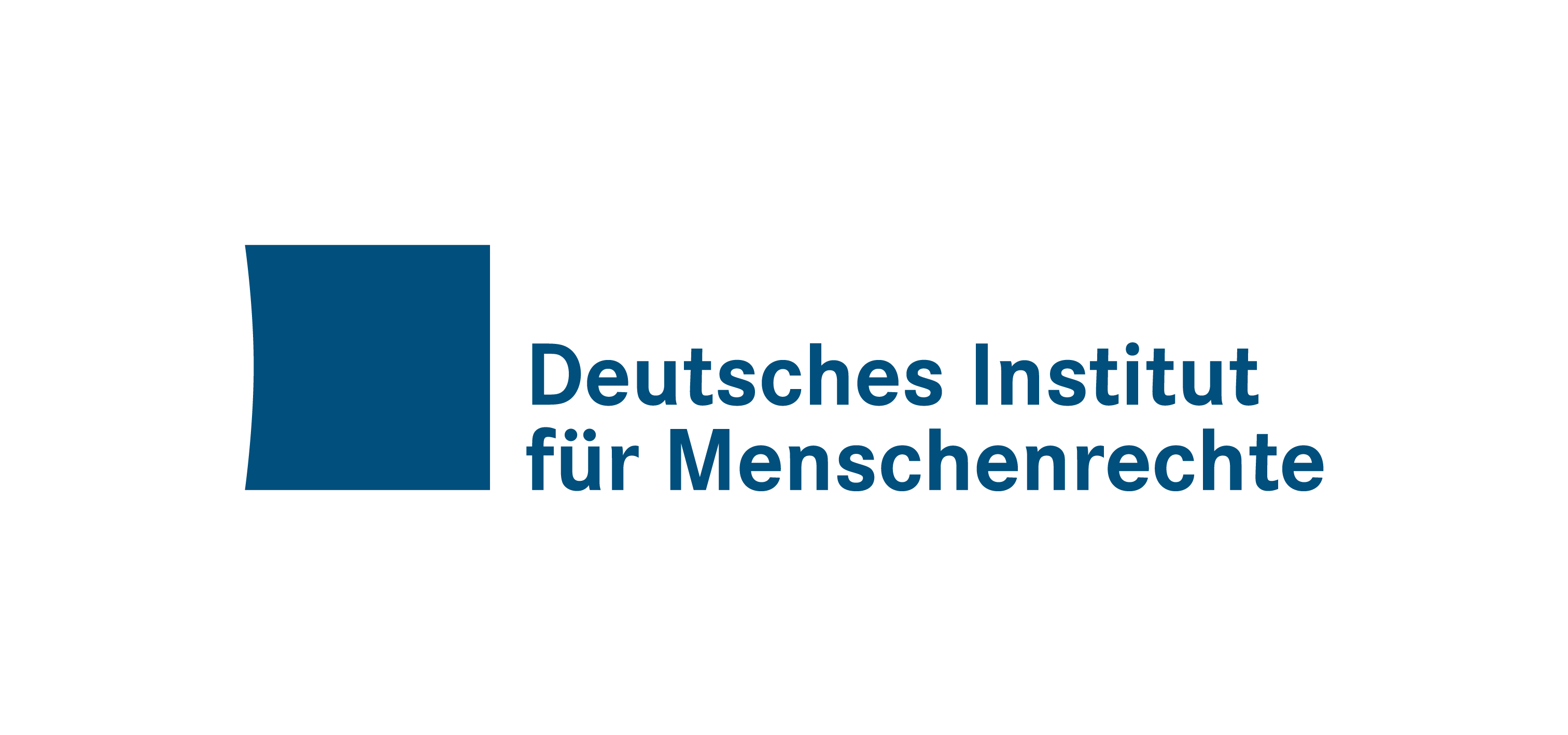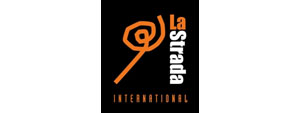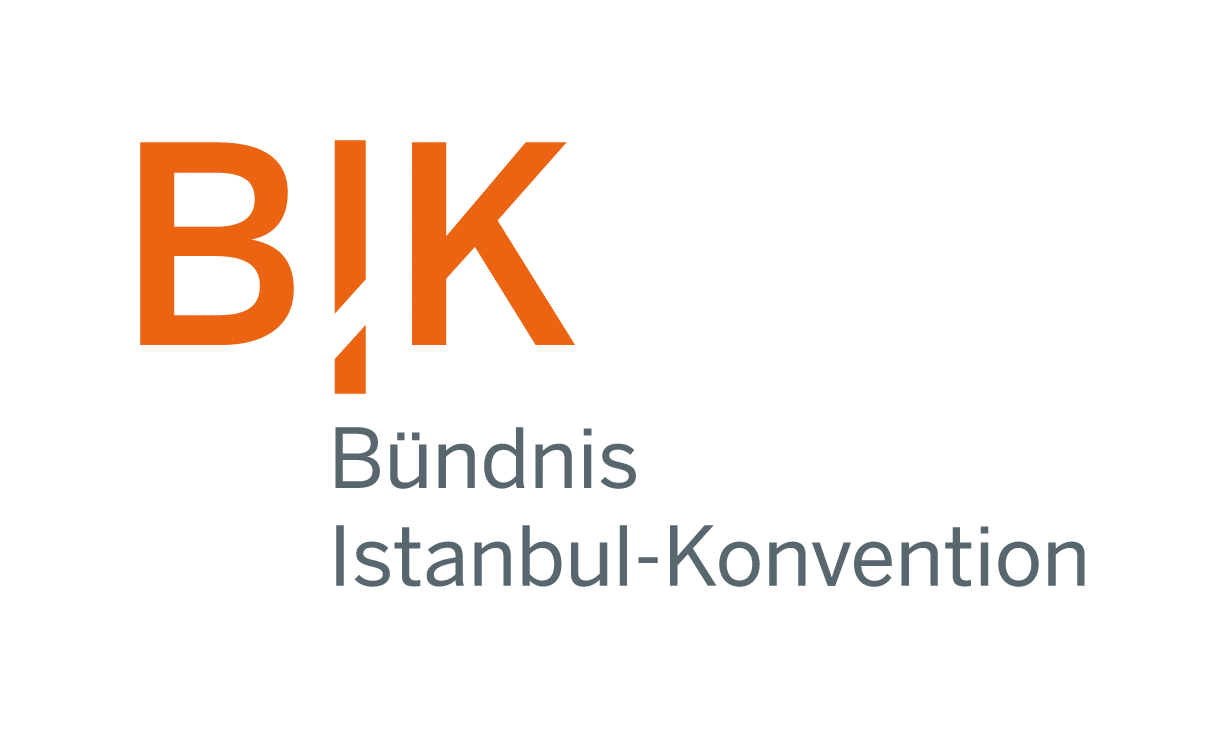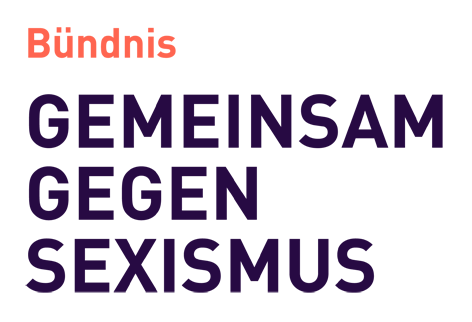What is trafficking in human beings?
Trafficking in human beings is defined in the German Criminal Code (StGB) under section 232 and covers the recruitment, transportation, reception and accommodation of a person by exploiting a situation of coercion or helplessness with the aim of exploitation by:
- the practice of prostitution or the performance of sexual acts,
- employment,
- the practice of begging,
- the committing of acts punishable by law,
- slavery, servitude, debt bondage or equivalent conditions,
- forced removal of organs.
In the case of persons under 21 years of age, there does not have to be a situation of coercion or helplessness.
The various forms of exploitation are then penalised in the following sections 232 a ff StGB as forced labour, forced prostitution, exploitation of labour and exploitation using a deprivation of liberty, as well as in section 180a StGB (exploitation of prostitutes). The term trafficking in human beings in the StGB is therefore relatively narrow and only refers to the creation of conditions that enable exploitation, not the exploitation itself.
However, KOK uses the term trafficking in human beings in a broader sense, encompassing both the recruitment process and the entire exploitation situation. The various forms and areas of trafficking and exploitation (sexual exploitation, labour exploitation, exploitation of begging and criminal acts) as well as forms of exploitation, also below the threshold of criminal offences of trafficking in human beings, are increasingly considered in their entirety and no longer sharply separated from each other, as practice has shown that in many cases there are commonalities and the transitions can often be fluid.
Trafficking in human beings does not necessarily involve crossing a border. Trafficking can also take place within a country. Rather, the core elements are coercion, compulsion and deception. Coercion can take different forms. It can take the form of direct physical violence or threats of physical violence, extortion, unlawful withholding of documents and money earned, robbery, isolation and fraud. Taking advantage of a helpless situation, e.g. due to residence abroad, abuse of authority and debt bondage are also forms of coercion in trafficking and exploitation.
Delimitations
Trafficking in human beings and smuggling:
A distinction must be made between trafficking in human beings and smuggling. Smuggling is the irregular crossing of borders, usually by paying certain amounts to smugglers. Here, too, deception and violence are sometimes used. The difference to trafficking in human beings, however, is that the profit comes from the paid organised border crossing and not - as in trafficking in human beings - from the exploitation of the person through an activity.
However, it is possible that persons end up in exploitative situations after being smuggled and trafficking in human beings is present.
Trafficking in human beings and prostitution:
A distinction must also be made between trafficking in human beings and prostitution. In Germany, trafficking in human beings and exploitation are defined as criminal offences in the StGB. Prostitution and sexual services, on the other hand, are legal and regulated by law through the Prostitution Act and the Protection of Prostitutes Act.
Many prostitutes work under precarious conditions and have an increased risk of being affected by violence. However, there are also those who consciously decide to work in prostitution and then do so in a self-determined manner.
Trafficking in human beings for the purpose of sexual exploitation is a criminal offence. However, criminalising sex work does not directly protect the rights of trafficked persons. Equating prostitution with sexual exploitation, trafficking in human beings or gender-based violence does not do justice to the concerns of both sex workers and women affected by violence.


